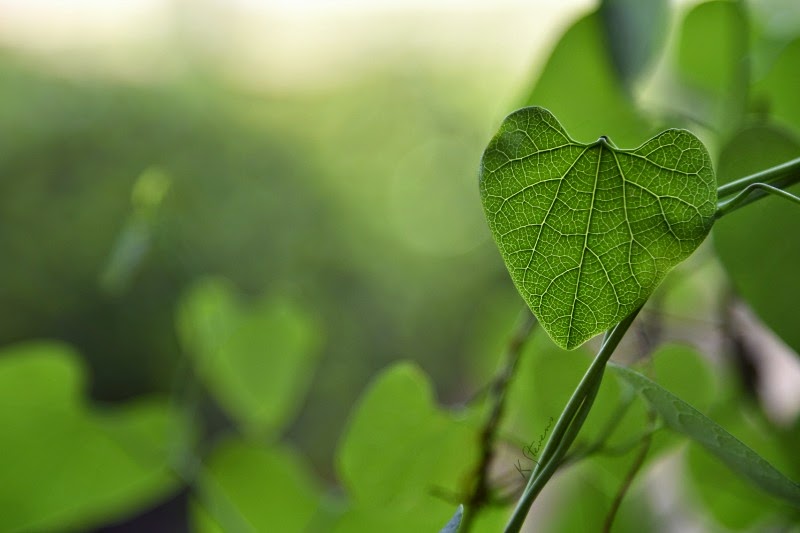by Dotti
[Disclaimer: the photos in this post
have nothing to do with the post. I just thought you needed to see more spring
photos.]
This may be no surprise to you, but Americans
put in far longer work days than workers in most any other country in the
world and take fewer vacation days as well. Often times, we don’t even take
sick days when we’re sick! It sounds like we’re working harder but not smarter.
So, what to do about it?
A couple of weeks ago, I read an
interesting article in the Washington
Post about this very subject. Sadly, if your job requires certain hours per
day, there may not be much you can do about the number of hours you work but
there are some things you can do to mitigate the situation. For those who have
more control over their schedules, there are strategies you can employ to help
yourself work smarter rather than harder. And for those of us who are retired
or not in the work force, these same strategies may prove helpful for us,
particularly those of us who consider ourselves ‘creatives’.
Here’s a brief synopsis of what the
article says.
For starters, I learned that some of the
most brilliant and productive people in the world work {or worked} only 4 or 5
hours a day, and that time was spent in intense work on whatever project was at
hand. While they may have spent more hours in other endeavors, those tasks
were less demanding.
Here comes the interesting part: they knew that effective rest and leisure activities were essential to their overall productivity. Some examples:
- Most were physically active, hiking, walking, sailing, or whatever their activity of choice was. In other words, 'rest' didn't mean 'sedentary'.
- However, many productive people do nap during the day.
- Each day, Charles Darwin would take long walks on his 'thinking path'.
- Charles Dickens walked about 10 miles a day.
- The most accomplished musicians practiced more than other less accomplished musicians but also slept an hour more on average.
I take this to mean that we, you and I,
should take our rest time seriously in order to increase our overall
productivity and creativity and we should do it most days, not just on weekends
or holidays. Further, when I discovered what so many famous geniuses did with
their leisure time, I immediately connected it to the Nature Deficit Disorder
that both Carol
and Kim
wrote about recently.
With all the constant digital
stimulation, we’ve lost touch with nature, each other and ourselves … our creative selves.
The good news is that we don’t
necessarily have to go to the local park or the nearest state park , lake or
nature preserve. I have found that taking a walk around my yard {but ignoring
the weeds!} or neighborhood with my eyes wide open, camera in hand {or not} can
be a mini-thinking path. Fifteen, twenty minutes of this and the cobwebs in my
brain begin to clear, I begin to find myself again. When I take a longer walk,
it’s even better.
Here are some of the strategies listed
in the article that I mentioned:
- Take rest seriously.
- Learn to say 'no' to things you don't want to or don't need to do.
- If you can't change your hours at work, change your non-working hours and choose leisure activities that will pay dividends to your overall well-being.
- Find a daily rhythm that works for you. If you're more creative in the morning, do your work then. Perhaps another time of day works better for you. Figure it out and use the time for your creative pursuits.
- Alternate between intense work and rest periods.
- Have an absorbing hobby. {Hallelujah!}
- Take a break from the digital world, if only for a few hours each week.
There’s much more in the article if you
care to delve into it. But my mission today is to give us all permission to
goof off more … but in a more productive and beneficial way.
If you have any tips or techniques that
you already practice along these lines, please share them with us in the
comments. And have an energizing, stress relieving weekend with lots of
beneficial leisure time!
PS – Since we all love taking photos of
butterflies, I wanted to be sure you didn’t miss this great article on Digital
Photography School this week.























